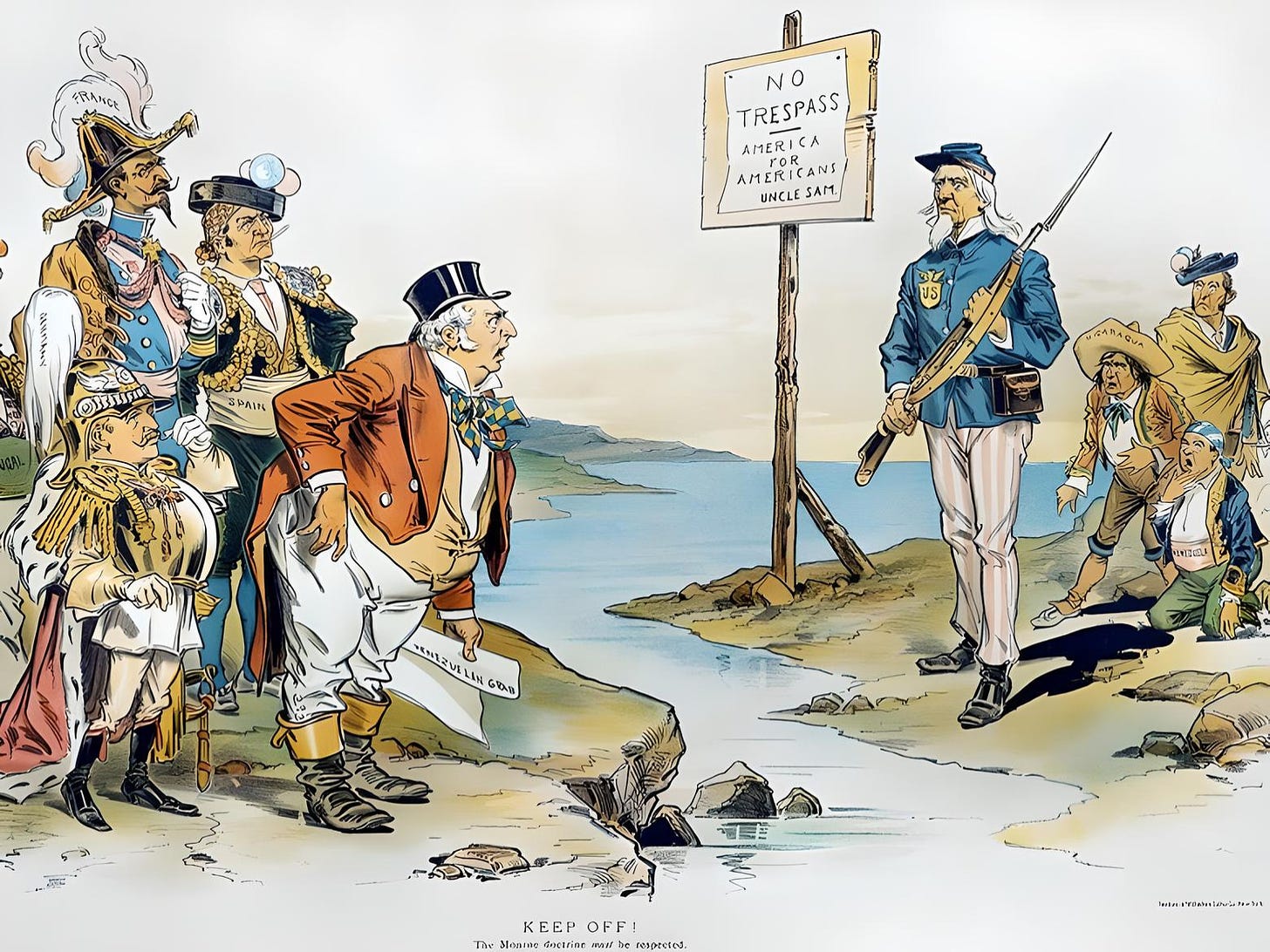Europe and the West: Two Antagonistic Forces

It is about something else. In reality, the choice of a meridian that separates Europe from the West is based on the idea that the West, i.e., America as the West, sees itself in opposition to Europe, fundamentally different in its essence and significance from Europe. This idea presupposes the assumption that these two worlds, the old and the new, are naturally radically different in tradition and morality.
In such a context, America must ultimately develop in a fundamentally different way from Europe because America is the continent of equality and freedom, in contrast to Europe, the continent where social stratification exists and where oppression prevails. While Europe is the continent of imperfection and corruption, America, understood as the United States of America, represents the continent where the good man successfully created a social order and good governance; America is the land of peace, Europe that of discord and slavery.
The meridian that separates the West from Europe thus assumes a protective function of the good against the evil; it signals a radical and insurmountable opposition, at least as long as Europe does not renounce its perversities (but would this ever be possible?).
This way of thinking has its roots in the very old political traditions of America, the traditions of the Founding Fathers. Let us remember that they were Puritans, extreme Protestants driven by a deep faith in God and themselves; they believed they were chosen to leave the constraints of England, thus escaping persecution and the mingling between corrupt Protestants and devilish papists. For them, America was a virgin land where they could build a new world, a “pure” world, a world for God’s people, a world free from the godless rules of Europe, happily separated by thousands of miles of ocean.
For this reason, God gave America to its inhabitants, and they must keep it pure and unspoiled, free from all European disgrace, which they had come to shed. The Monroe Doctrine and the concept of the Western Hemisphere are the political adjustments, freed from ecclesiastical ties over the decades, of this originally purely religious thinking, which sought a clearer separation from Europe.
Those who today indifferently use the terms “Europe” and “the West” as if they were synonymous or as if the latter encompassed the former, and who adopt this erroneous usage, commit a grave historical and political mistake. Unless, hoping for Europe to join the West, they consciously or unconsciously accept the American worldview.
It seems appropriate to emphasize the following fact: in the definition of the West, as it originated with Jefferson, the two forms of American thought in international relations, which are otherwise considered mutually exclusive, intervention and isolation, are readily apparent. Indeed, if the West represents the “good” par excellence, it is thus regarded as a separate world that has not been perverted by European affairs; in America, two conclusions were drawn from this. On the one hand, one can choose to withdraw into oneself to avoid the risk of contamination; on the other hand, one can choose to step out of one’s trench to advance and save the world.
It is the second policy that has prevailed more in American history, especially because the idea of an unspoiled West is linked to the United States’ “manifest destiny” (this term was coined in 1845 during the dispute that pitted the US against England over Oregon) to form the worst of all imperialisms.
In this way, every US intervention on the American continent was regarded as a defensive measure in favor of its own US interests; all overseas actions have since become a “mission” of the good to save the world. In contrast, the opposite is not true for Europeans, bearers of the “bad,” as they are never granted the right to interfere in the affairs of the American continent, as the Monroe Doctrine clearly states, prohibiting Europeans from any movement west of the “dividing” meridian.
Those who today in Europe imagine themselves to be champions of the West are all individuals who have subordinated themselves to the world of being and thinking of the Americans and who, consciously or unconsciously, appreciate being saved and “liberated” by them. Having renounced European tradition, they have, in reality, relinquished their soul.
(Translated from the Italian by Heinrich Matterhorn)



